Utah Academy of Sciences, Arts, and Letters Program
Opportunity to Recruit Paid Undergraduate Research Assistants, Summer 2024 -- All Research Faculty and Staff Eligible!
The Utah Academy of Sciences, Arts, and Letters has given Utah State University’s Office of Research Student Programs the unique opportunity to continue an intensive summer program intended to help build the pipeline for research across the disciplines.
Summer research opportunities for Utah State undergraduates are numerous and diverse but tend to focus on more advanced students who are already working at a high level. This means that students who stand to gain the most from exposure to research (especially first- and second-year students and those transitioning from a 2-year to a 4-year degree program) may be shut out of opportunities during the summer months, when paradoxically they have the most time to explore research. Furthermore, for many faculty on a 9-month appointment with significant teaching loads, mentoring student researchers during summer months may not be appealing, as this is the only time during the year that they have to devote to their own research and writing. Therefore, this proposal focuses on funding entry-level research experiences for students in support of faculty-led research, especially in areas where external sources of funding for student research support are limited or unavailable.
Leveraging existing support for summer research that the Office of Research Student Research Program has in place, the Undergraduate Research Assistantship program will allow faculty to identify students in their first or second year, as well as internal or external transfer students entering as juniors, to work as research interns for a 10-week period during the summer. Faculty mentors will benefit from “Entering Mentoring” trainings, and students will participate in an “Entering Research” workshop. In addition, students and mentors will be invited to join in summer workshops and networking events offered more broadly to the UR community on campus.
An advanced undergraduate student researcher will also be appointed as the “peer group mentor” for the summer – this student will help with program implementation, meet with students individually and as a group, and gain valuable mentoring experience. The peer group mentor will themselves be mentored, and will receive an equivalent scholarship to that received by program participants.
The success of our pilot program in 2023 earned us an additional year of UASAL funding, and we hope that its continued success will motivate future donors to support similar opportunities moving forward, especially as we look to the fiftieth anniversary of undergraduate research at USU.
2023 Summer Fellows
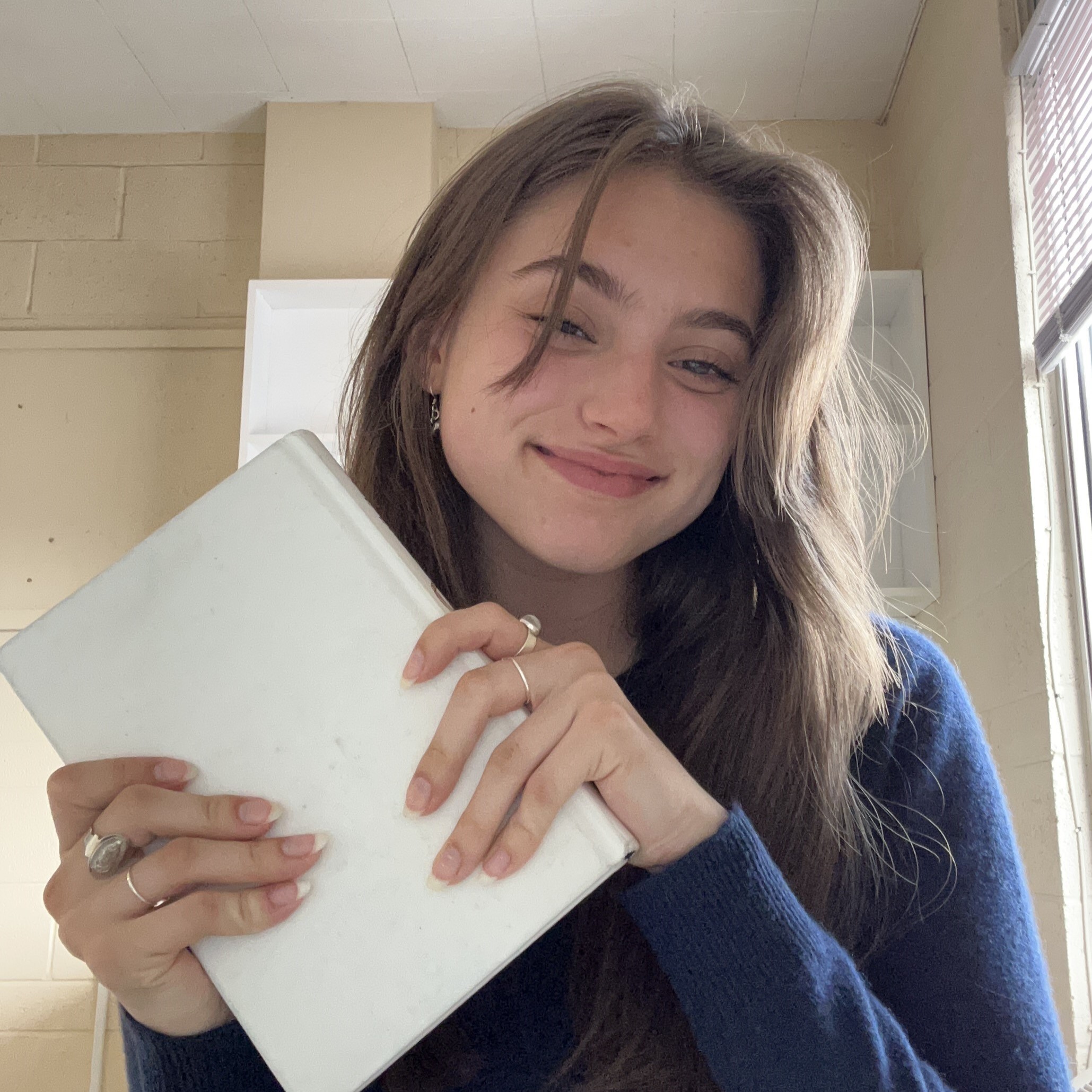
Department: World Languages and Culture
Mentor: Ko-Yin Sung
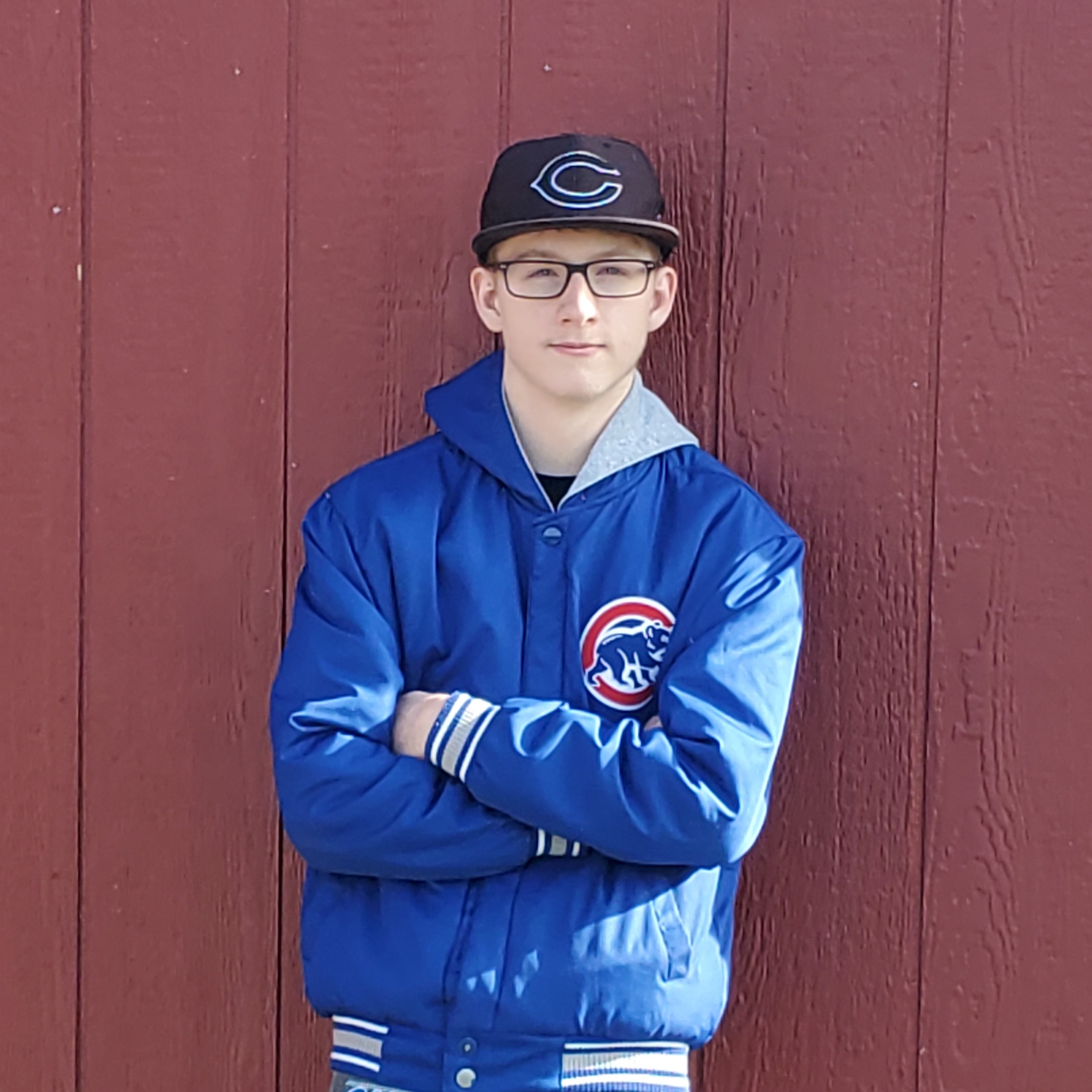
Department: Biology
Mentor: Graham Goodman
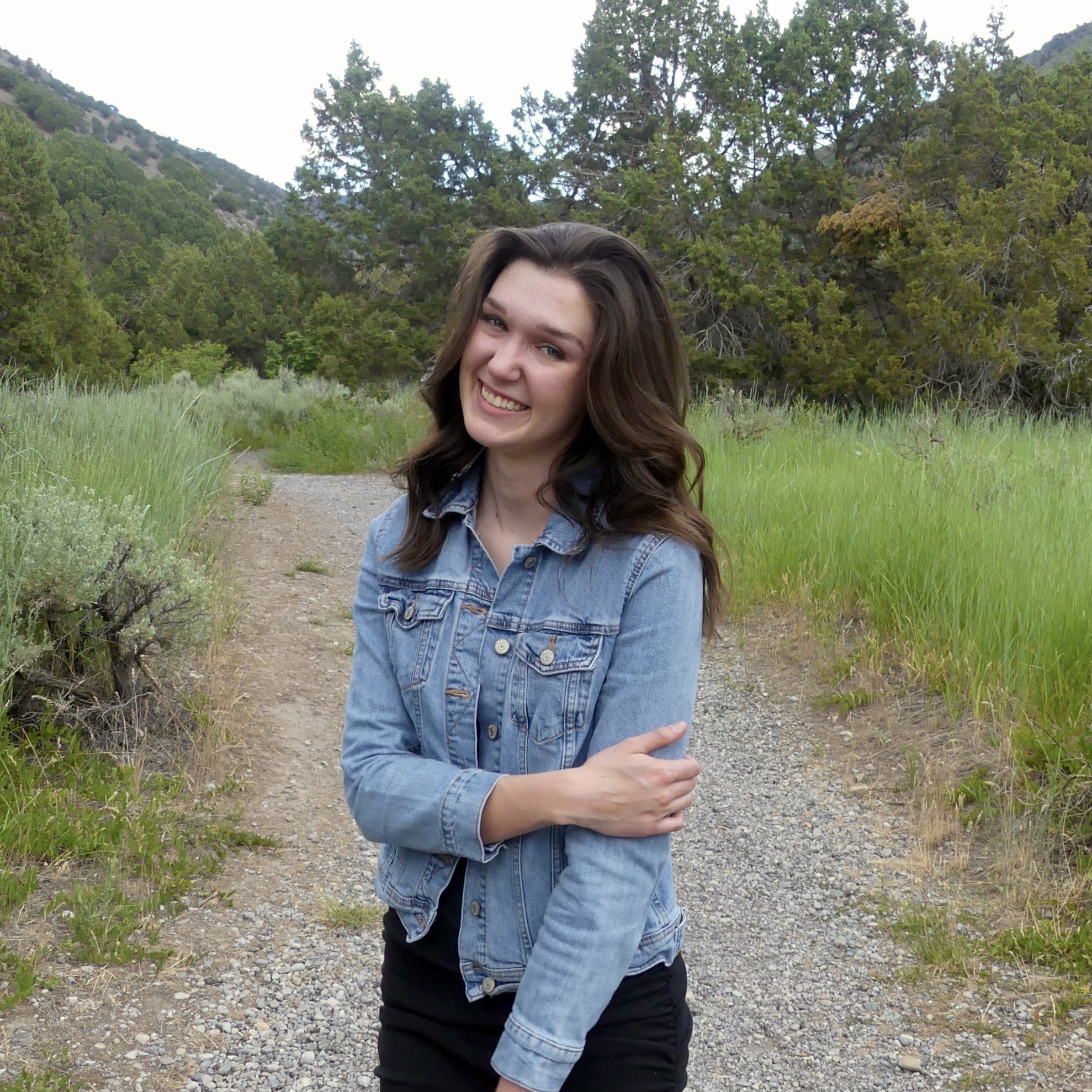
Department: Theatre Arts
Mentor: Amanda Dawson

Department: English
Mentor: Adena Rivera-Dundas
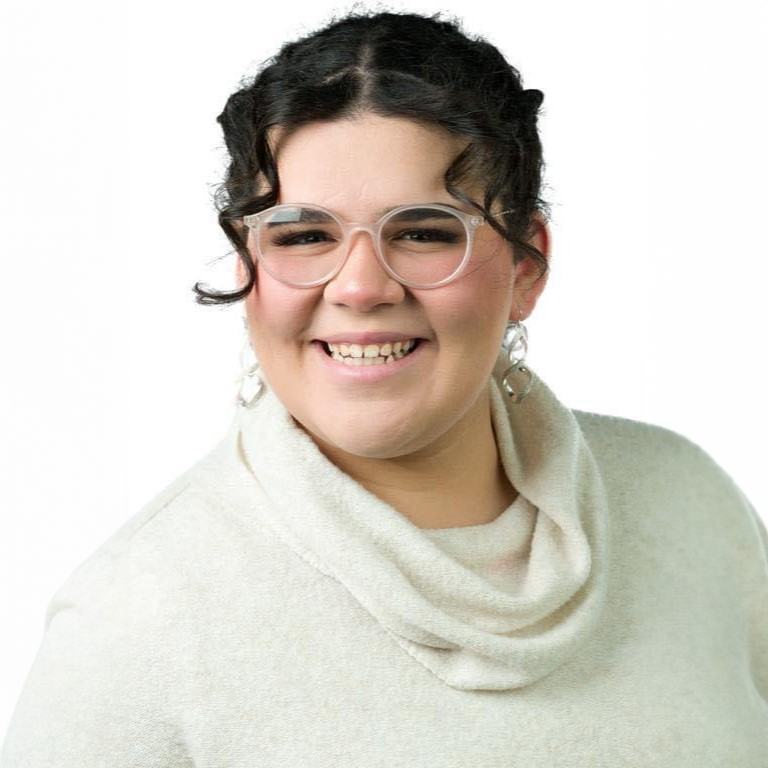
Department: Physics
Mentor: Ivana Molina
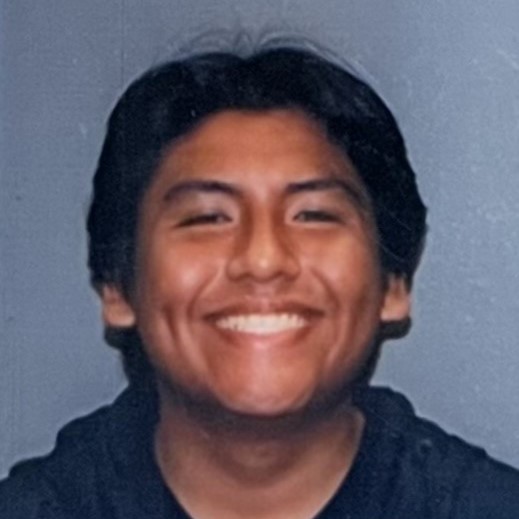
Department: Music
Mentor: Timothy Chenette

Department: Geosciences
Mentor: Tammy Rittenour
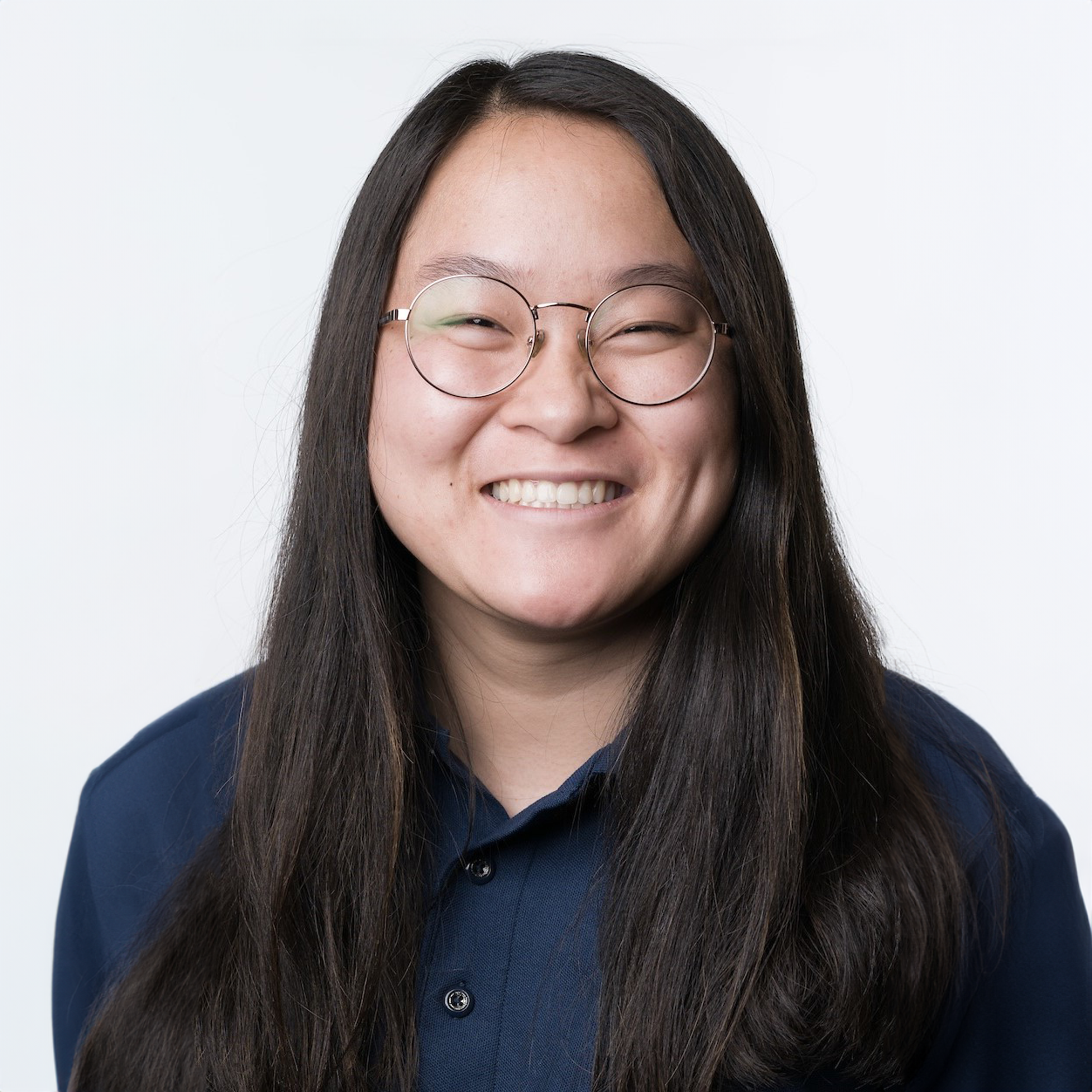
Department: Communication Studies and Philosophy
Mentor: Sydney O'Shay
Financial Award
- Each student (including the peer mentor) will receive an unrestricted scholarship and a travel grant to present at the UASAL conference in March 2025.
- These students will remain eligible to apply for additional Office of Research funding, such as the Undergraduate Research Fellowship, Undergraduate Research & Creative Opportunities grant, or additional travel grants
Expectations
- All faculty mentors will be required to attend three 1-hour trainings (these may be virtual) related to mentoring best practices.
- All student participants will be required to attend three 1-hour trainings (these may be virtual) related to researcher identity formation
- Students will be involved in research activities 10 hours/week during the period of the assistantship
- Students do not need to be enrolled for summer 2024 if they are enrolled for fall 2024
- At the end of the summer, the faculty mentor and student must submit a report together, documenting learning outcomes and research outcomes
- Students are required to submit an abstract for the 2025 Utah Academy of Sciences, Arts, and Letters Symposium in Salt Lake City
- Students are required to present their research involvement at our Fall or Spring Student Research Symposia in AY 2024-2025 with credit to UASAL on their poster
- Faculty publications and presentations benefiting from the assistance of a student will credit UASAL in the acknowledgements
Other Benefits
- Students and faculty will be included in all summer 2024 UR events and trainings
- Student participants will be invited to attend the Fall 2024 Research Explorations series (our new orientation series for student researchers)
- Faculty receive research support during critical summer months
Application
- Applications are due by 11:59pm on Thursday, February 15, 2024.
- We will accept one application per research lab that outlines the following:
- The research project to be supported and its current status (funded, unfunded, where it is in the development process, publication cycle, etc.)
- How a research intern will benefit faculty member’s research program
- How the research intern will benefit from the opportunity
- Specific role that a student research intern with little to no experience will fill. What tasks will the student be responsible for? What skills will they learn? For what corner of the project will they develop ownership or stewardship?
- The goal of the UASAL internship program is to provide introductory research experiences for novice students. Describe how you will recruit novice students to apply for your internship. We have other funding mechanisms available for more advanced student researchers, such as our URCO grant.
- Research dissemination plan: what publications, presentations, performances, exhibitions, etc. are projected, and what role would the student assistant have in these?
- Draft mentoring agreement – what are the expectations (time, communication, scope of work, etc.) for the student assistant?
- How will the student’s experience result in a shareable research presentation? This does not have to be an independent project, but rather some kind of poster or short oral presentation that documents their research engagement and learning.
- Office of Research committee determines recipients
- Recipients have a defined amount of time to recruit a student and identify that person to the Office of Research. The student must be entering their first, second, or third year of college, and must be early in their research engagement; if no student identified, a runner up recipient will be selected.

